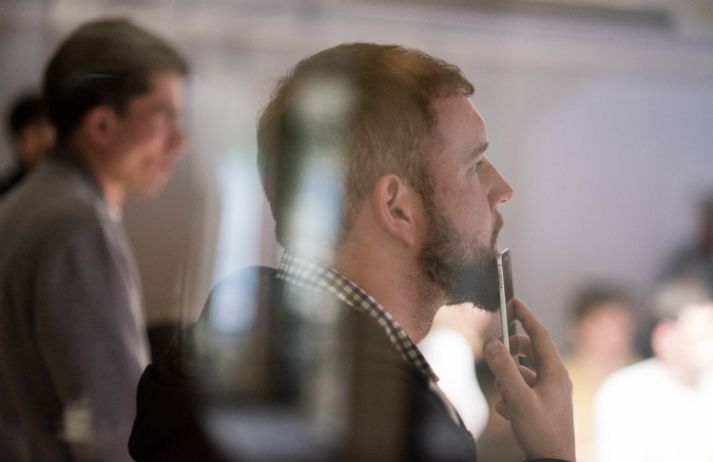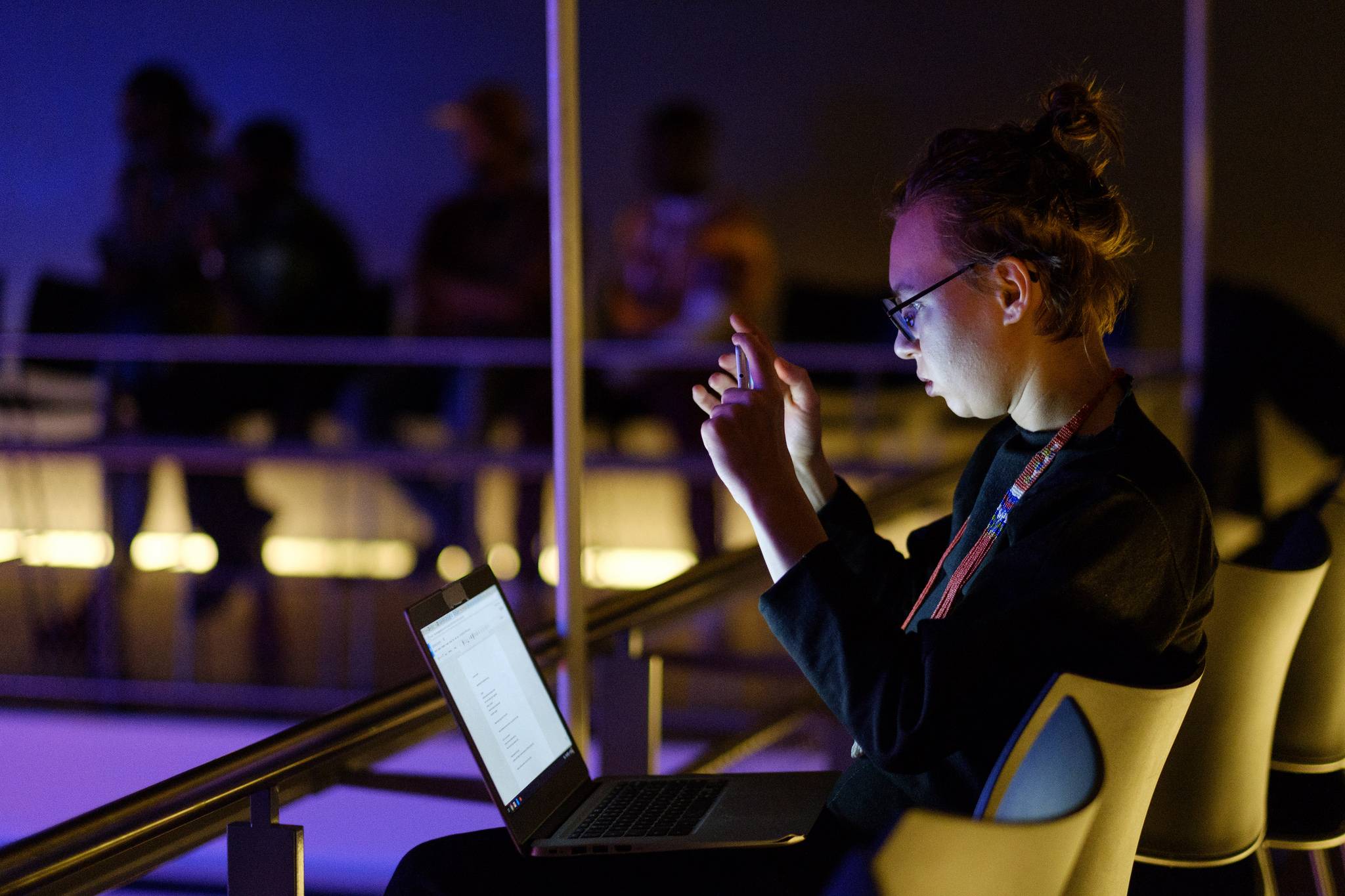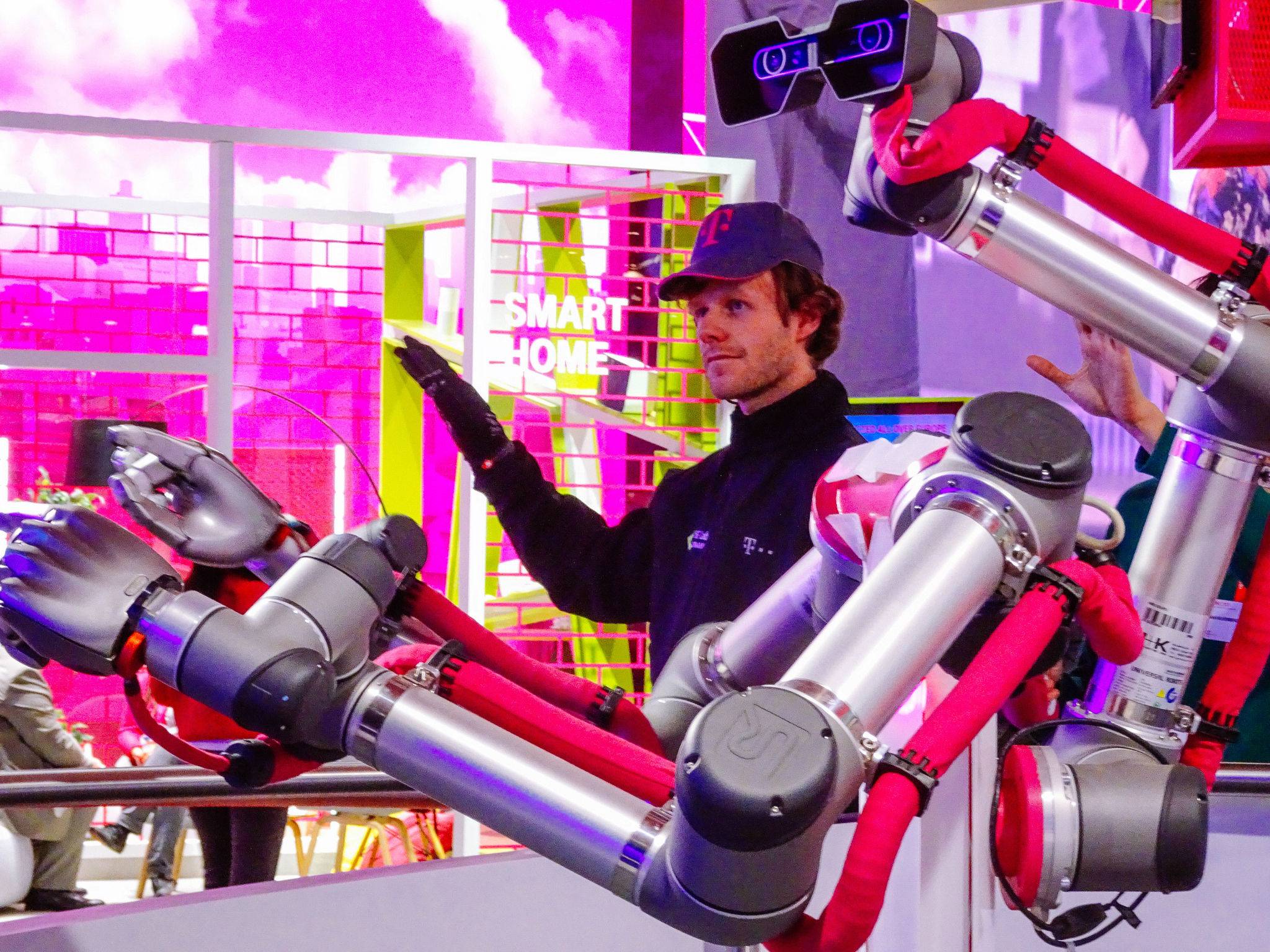
The rise of more human-like AI has brought on fears around its possible misuses and threats. Following critiques of its new AI innovation, Google has reassured people that its controversially realistic AI voice system, Duplex, will declare itself to humans as an artificial intelligence. We explore the science behind what people want from AI.
Following criticism of its new Duplex System, which is capable of realistically replicating human speech patterns by simulating hesitations and colloquial expressions, Google reassured commentators that the system will be designed with “disclosure built-in.” This means that Duplex won’t be able to trick anybody – instead, the system will make some type of verbal announcement to its interlocutors that they are in fact speaking to an AI. Google is trying to reassure people against the possible ethical pitfalls of its platform, safeguarding it against possible misuses like spam calling or frauds.

Research found people anthropomorphise AI in various ways. Most people already speak to Google Assistant in in natural language, rather than through typical keywords they’d use with other devices, but they also watch their manners, saying ‘please’, ‘thank you’ and apologising to their device. A study also revealed some owners flirt with their virtual assistants, suggesting that sometimes life really does imitate art.
However, while people want their tech to feel more human – 41% of Americans say they already speak to their device like a friend – there is a fine line between unobtrusive interactions and the ‘uncanny valley.’ The researchers who coined the expression observed that people are creeped out by computers that interact in a way that feels too humanlike. Voice assistants have been welcomed largely because they help out without taking control – a deciding factor between people adopting a technology or fearing it – Google is taking steps to ensure that people feel assisted, not duped, by Duplex.
Edoardo Biscossi is a behavioural analyst at Canvas8, which specialises in behavioural insights and consumer research. He has a degree in Political Sciences and a MSc in Consumer Behaviour. He’s interested in culture, people, art, the future, the niche, and the mass.



